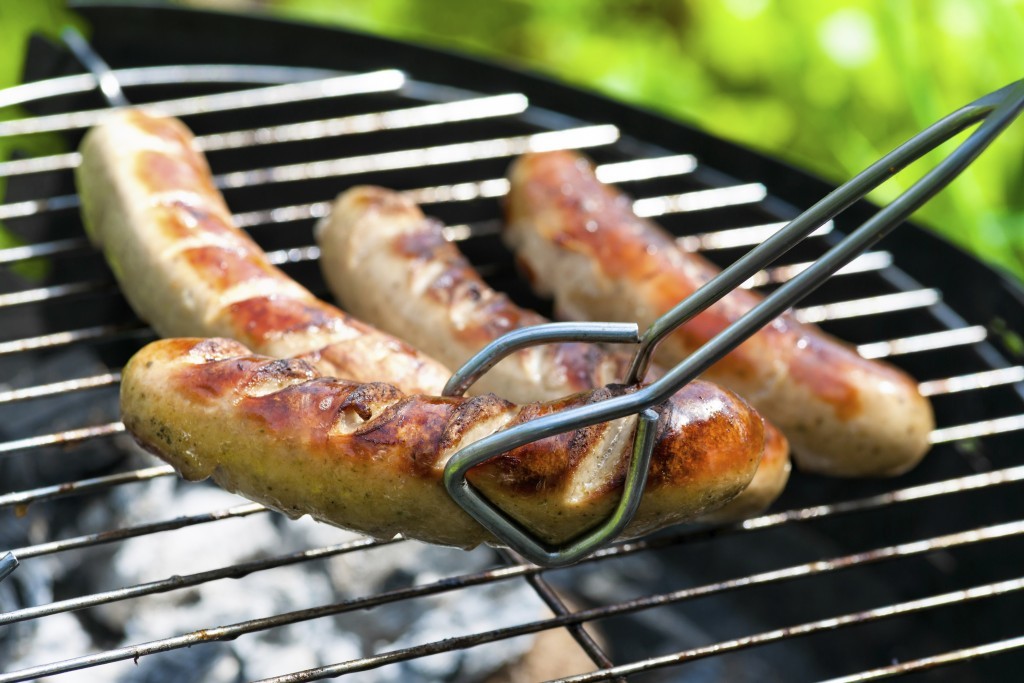
Americans will spend less this year firing up the grill for Fourth of July barbecues, thanks to cheaper energy and rising dairy and pork production.
The cost of a summer-cookout party for 10 people will be $55.84, or $5.58 per person, according to the American Farm Bureau Federation, which conducted a survey of prices in grocery stores across 30 states. That’s down 3 percent from a year earlier, the Washington-based group said.
Independence Day is the most popular time of the year for Americans to cook outdoors, according to the Hearth, Patio & Barbecue Association. Oil’s more than 40 percent drop in the past 12 months has helped to keep U.S. inflation muted, while bigger harvests pushed world food costs to the lowest since 2009.
“The fact that we’ve had low energy prices for more than this year has reduced the cost of production through the supply chain and translated to lower prices at the retail level,” said John Anderson, the deputy chief economist at the federation, the nation’s largest farm organization.
Lower prices should bring relief to consumers after the basket of goods rose 5.4 percent last year, coming in at $57.57. The survey was started in 2013, when the cost was $54.64. The 14 items included are ground beef, hot dogs, buns for both, cheese slices, pork spare ribs, potato salad, baked beans, corn chips, lemonade, chocolate milk, watermelon, ketchup and mustard.
Pork Prices
Pork spare ribs will be 3.4 percent cheaper this year, the survey showed. Wholesale-pork prices have tumbled 28 percent in the past 12 months amid rising supplies, according to the U.S. Department of Agriculture. As of June 1, the domestic hog herd was 8.7 percent larger than a year earlier, the USDA said on Friday.
A pound of American cheese will cost $2.86, down 8.3 percent from last year, the farm bureau said. U.S. milk output reached an all-time high in May, government data show.
“Producers have increased production and improved efficiency,” Anderson said in a telephone interview.
Not everything is cheaper. Ground beef will be 2.1 percent higher than this time last year, the survey showed. In 2014, the U.S. cattle herd shrunk to the lowest since 1952 as drought parched pastures in Texas, spurring higher prices. Still, the rising costs will probably do little to dissuade consumers from chowing down on a burger for the holiday.
“There’s nothing to complain about beef demand,” David Kruse, the president of CommStock Investments Inc. in Royal, Iowa, said in a telephone interview. “Consumers have been offered cheaper alternatives, but there are still plenty of loyal beef buyers.”